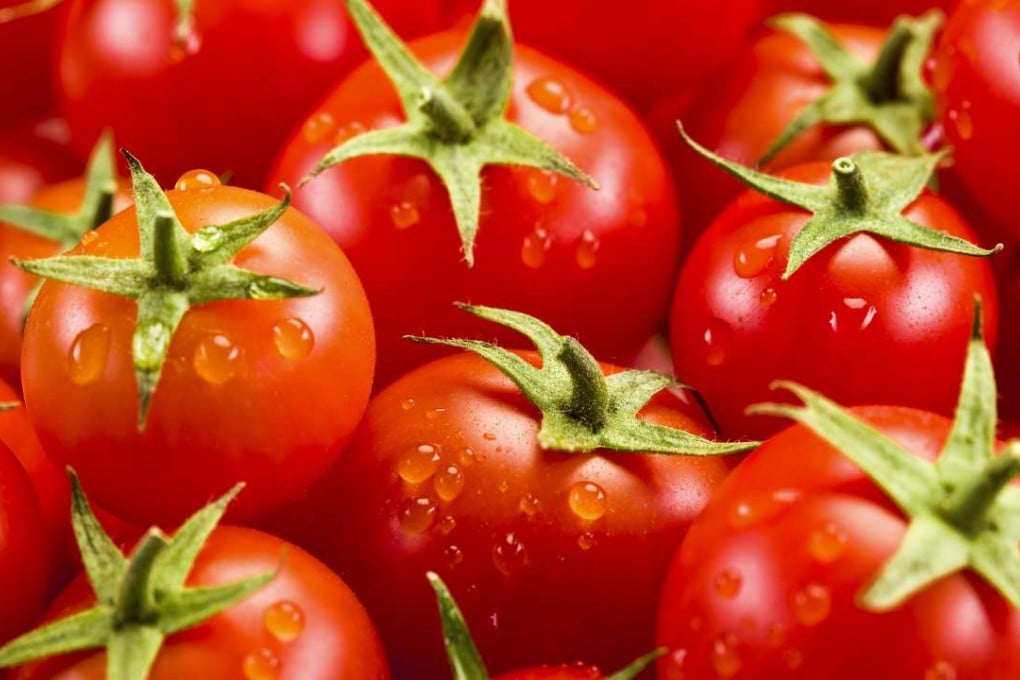Why arthritis sufferers need not fear nightshades in diet
The health benefits of fruit and vegetables such as tomatoes, goji berries, eggplants and potatoes far outweigh the risk of inflammation

Question: do plants from the nightshade family cause inflammation and aggravate arthritis?
The straight answer: no
The facts: The Solanaceae family of flowering plants is often maligned for their supposed contribution to inflammation. More commonly referred to as nightshades, certain fruits (tomatoes, goji berries, gooseberries, etc), vegetables (peppers, potatoes, eggplants etc) and spices (cayenne and paprika) from this category produce solanine, an alkaloid compound that acts as a nerve poison on insects that feed on these plants.
However, the notion that solanine can be toxic to humans hasn’t been proven yet. Moreover, they’re present in the stems and leaves of nightshades, which aren’t edible anyway. Some studies conducted on mice have shown them to cause an increase in inflammation markers, but not inflammation itself.

Tomatoes are a highly concentrated source of biotin (necessary for cell growth, the production of fatty acids, and the metabolism of fats and amino acids) and lycopene (a carotenoid phytonutrient that prevents heart disease and certain types of cancer). Eggplants contain the antioxidant nasunin and chlorogenic acid that helps lower LDL (so-called bad cholesterol) and fights the free radicals that cause cancer; and potatoes contain alpha-lipoic acid, which can help control blood sugar.
